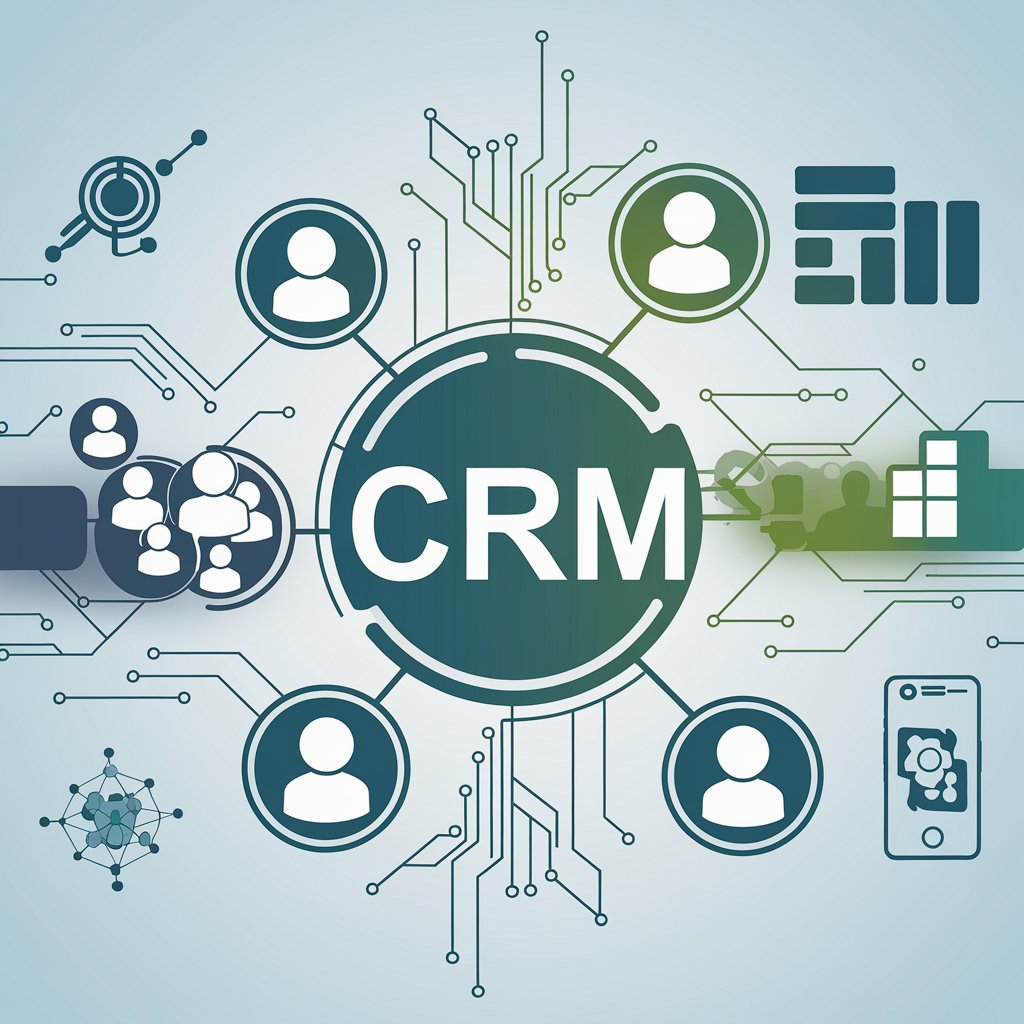Customer Relationship Management (CRM):Building Lasting Customer Connections
Customer Relationship Management (CRM)
Customer Relationship Management (CRM) is a game-changer for businesses looking to improve how they interact with customers. In simple terms, CRM is all about using strategies and tools to build better relationships, keep customers happy, and boost your bottom line. Sounds like a win-win, right?
In today’s competitive world, where personalized customer experiences are the norm, having a good CRM system in place can make a massive difference. Let’s explore everything you need to know about CRM and how it can help you create stronger connections with your customers.
History and Evolution of CRM
Early Methods of Customer Management
Back in the day, businesses relied on manual systems—handwritten notes, rolodexes, and customer files. While these methods got the job done, they were tedious and prone to errors.
Transition to Digital CRM Systems
The digital revolution in the 1990s brought software solutions like ACT! and GoldMine. Fast forward to today, and we have advanced, cloud-based CRM tools that integrate seamlessly into everyday business processes.
Customer Relationship Management (CRM)
Key Components of CRM
1. Operational CRM
Operational CRMs focus on automating processes like sales, marketing, and customer service. It’s all about efficiency and making the customer experience smooth.
2. Analytical CRM
With analytical CRM, businesses dig deep into customer data to uncover trends and insights, helping them fine-tune their strategies.
3. Collaborative CRM
This type of CRM ensures all departments—sales, marketing, and support—are on the same page, making sure no customer falls through the cracks.
Benefits of Implementing CRM Systems
1. Improved Customer Satisfaction
A good CRM makes personalized service easy. When customers feel valued, they’re more likely to stick around.
2. Boosted Sales and Revenue
CRM systems streamline sales processes and automate follow-ups, making it easier for sales teams to close deals.
3. Better Data Organization
Say goodbye to scattered spreadsheets! CRMs keep customer information centralized and accessible.
Top Features to Look for in a CRM

- Contact Management: Store and manage customer details in one place.
- Sales Automation: Save time by automating repetitive tasks like follow-ups.
- Reporting and Analytics: Get insights into what’s working and what’s not.
Popular CRM Software Solutions
1. Salesforce
A leader in the CRM world, Salesforce is packed with features for sales tracking, customer support, and analytics.
2. HubSpot CRM
Known for its user-friendly setup, HubSpot is perfect for businesses that want an all-in-one solution.
3. Zoho CRM
Affordable and customizable, Zoho CRM is a go-to choice for small businesses.
4. Thryv
Thryv is a robust CRM tailored for small businesses. It stands out for its easy-to-use platform that combines customer management with features like appointment scheduling, invoicing, and customer communication.
How CRM Enhances Customer Retention
1. Personalization and Engagement
CRMs let businesses send tailored emails, offers, and communications, making customers feel valued and understood.
2. Proactive Customer Service
With tools like automated reminders and follow-ups, businesses can address customer needs before they even ask for help.
CRM and Data Analytics: A Winning Combination
Role of Data in CRM
Data is the backbone of CRM. Analyzing customer behavior and preferences helps businesses fine-tune their approach.
Predictive Analytics in CRM
Modern CRMs use predictive analytics to forecast trends, like which customers are likely to buy again or churn, so businesses can act accordingly.
CRM Strategies for Small Businesses
Affordable CRM Options
Small businesses need budget-friendly solutions, and tools like Thryv and Zoho CRM are excellent for starting strong without overspending.
Scaling Customer Management
As a business grows, so does its customer base. CRMs make scaling a breeze by handling the increasing complexity of customer data.
Challenges in CRM Implementation
1. Initial Costs
Some CRMs come with high setup costs, which can be a hurdle for smaller businesses. However, solutions like Thryv offer cost-effective options.
2. Resistance to Change
Employees may resist switching from old methods, but proper training and communication can ease the transition.
Integrating CRM with Other Tools
1. CRM and Marketing Automation
Combining CRM with marketing tools creates highly targeted campaigns. For example, Thryv helps businesses run promotions while managing customer interactions.
2. CRM and ERP Systems
When integrated with ERP systems, CRMs offer a holistic view of everything from customer behavior to inventory levels.
The Role of AI in CRM
1. Chatbots and Automation
AI-powered chatbots can answer common customer questions, freeing up human agents for more complex tasks.
2. AI Insights
CRMs with AI, like Thryv, provide actionable insights to help businesses anticipate customer needs.
Future Trends in CRM
1. Voice Technology
Voice-assisted CRMs are on the rise, allowing users to update records and retrieve customer details using voice commands.
2. IoT Integration
With IoT, CRMs can use data from connected devices to improve customer experiences.
Measuring CRM Success
1. Key Performance Indicators (KPIs)
KPIs like customer retention rates and average response times show how effective your CRM strategy is.
2. Customer Lifetime Value (CLV)
CLV helps businesses understand the long-term value of a customer relationship.
Conclusion and Final Thoughts
CRM isn’t just a tool; it’s a strategic investment in building better customer relationships. Whether you’re a small business or an enterprise, the right CRM can revolutionize how you connect with your customers, streamline your processes, and grow your business.
If you’re looking for a CRM that combines ease of use, affordability, and robust features, Thryv is the top choice. It’s designed specifically for small businesses, offering everything from customer management to invoicing in a single, user-friendly platform. With Thryv, you’re not just investing in a CRM—you’re investing in your business’s future.
FAQs
1. What is CRM software?
CRM software helps businesses manage and analyze customer interactions to improve relationships and drive growth.
2. Why is Thryv a good CRM?
Thryv is perfect for small businesses because it combines powerful features like customer management, invoicing, and scheduling in an easy-to-use platform.
3. How does CRM improve customer retention?
By personalizing communication and anticipating customer needs, CRM keeps customers engaged and loyal.
4. Is CRM worth the investment for small businesses?
Yes, especially with affordable options like Thryv, which are designed to grow with your business.
5. What are the latest trends in CRM?
Voice-assisted features, AI-driven insights, and IoT integration are shaping the future of CRM.



